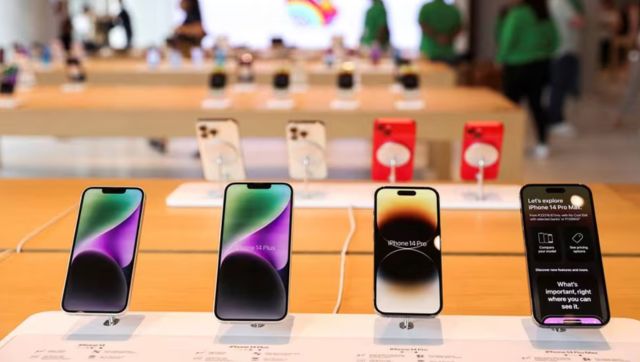The ongoing proliferation of mobile operating systems (OSs) is creating some basic inefficiencies in the emerging mobile data market that will be corrected only when and if the industry standardises on a select few mobile OS options, according to the latest report from Unstrung Insider, a paid research service from Unstrung and TechWeb’s Light Reading.
‘Mobile Operating Systems: Who’s Minding the App Store?’ identifies and analyses key issues that will affect the mobile OS market through 2010. The report evaluates the market position of seven key smartphone OSs in terms of their features, openness, handset vendor and wireless carrier adoption, developer community, and other factors that affect their competitive strengths and weaknesses.
“It is not a stretch to argue that the role of all mobile OSs is as big as it is underappreciated when it comes to the present and future of the mobile market,” notes Tim Kridel, research analyst with Unstrung Insider and author of the report. “Smartphones are marketed as devices that allow users to do more compared to their ‘feature phone’ cousins; doing more requires an OS that is capable of supporting a wide variety of third-party apps.”
The fact that there is not a clear, leading OS makes it difficult for those that want to capitalise on the revenue opportunities that OSs offer, Kridel says. “The mobile OS market’s biggest problem is fragmentation: Unlike PCs, no single OS dominates, and the number of OSs keeps growing,” he notes. “This diversity increases costs and time to market for application developers and content providers that want to target more than one OS’s worth of end users.”
Key findings of ‘Mobile Operating Systems: Who’s Minding the App Store?’ include:
- The biggest trend in mobile OSs is toward open OSs; however, ‘open’ is a vague, relative term
- The biggest problem in mobile OSs is fragmentation: There are too many OSs
- Handset vendors and their carrier customers want deeper customisation and branding options, beyond eye-candy interfaces
- Carriers and handset vendors will face off over app stores
)
)
)
)
)